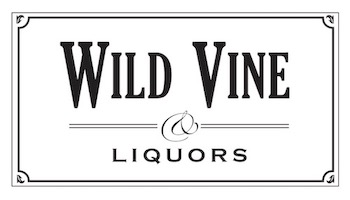Although Cava, Prosecco, Cremant, Petillant Naturel, Mousseux, Sekt, Frizzante, Blanquette, and Franciacorta are all sparkling wines, Champagne is a product of a specific French region composed of eight subregions growing Pinot Noir, Pinot Meunier, and Chardonnay. These varietals are blended in varying proportions or kept separate to make Rosé, Blanc de Blancs with Chardonnay (and sometimes Pinots Blanc and Gris), or Blancs de Noirs with red grapes. Varietals may indicate weight but not sweetness, so Champagne is categorized by sugar levels from the lowest to highest: Brut Natur (aka Brut Zero), Extra Brut, Brut, Extra Dry, Sec, Demi-sec, and sweet Doux.
The most common style is Brut Champagne, with a touch of residual sugar that creates a balanced, pleasant, creamy, full-bodied wine perfect for toasting and celebration. Champagne's starting price these days is around $50. Nevertheless, there are more choices than ever, and some of the best stuff comes from small, unknown fruit growers/winemakers known as Récoltant Manipulants. While mega-brands (Négociant Manipulants) spend their budgets on glossy ads and sponsorships, mom-and-pop Grower Champagnes bring value, quality, and exciting complex flavors.
|
|
||||||||||||||
|
|
|||||||||||||||||
|
|
||||||||||||||
|
|
||||||||||||||
|
|
||||||||||||||
|
|
||||||||||||||
|
|
||||||||||||||
|
|
||||||||||||||
|
|
||||||||||||||
|
|
||||||||||||||
|
|
||||||||||||||
|
|
|||||||||||||||
|
|
|||||||||||||||
|
|
||||||||||||||
|
|
||||||||||||||||
|
|
|||||||||||||||
|
|
||||||||||||||||
|
|
|||||||||||||||
|
|
||||||||||||||
|
|
||||||||||||||||
|
|
||||||||||||||
|
|
||||||||||||||

Sign up for the Wild Vine & Liquors newsletter and be among the first to know about upcoming specials!